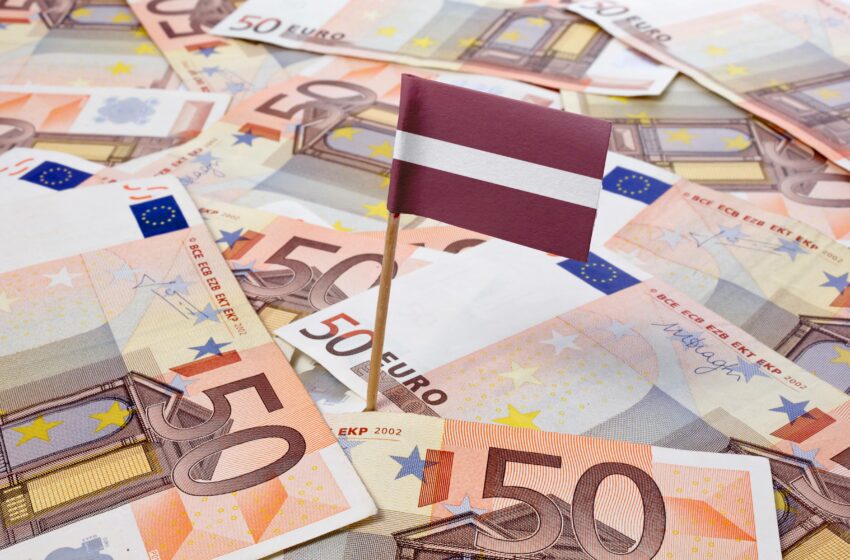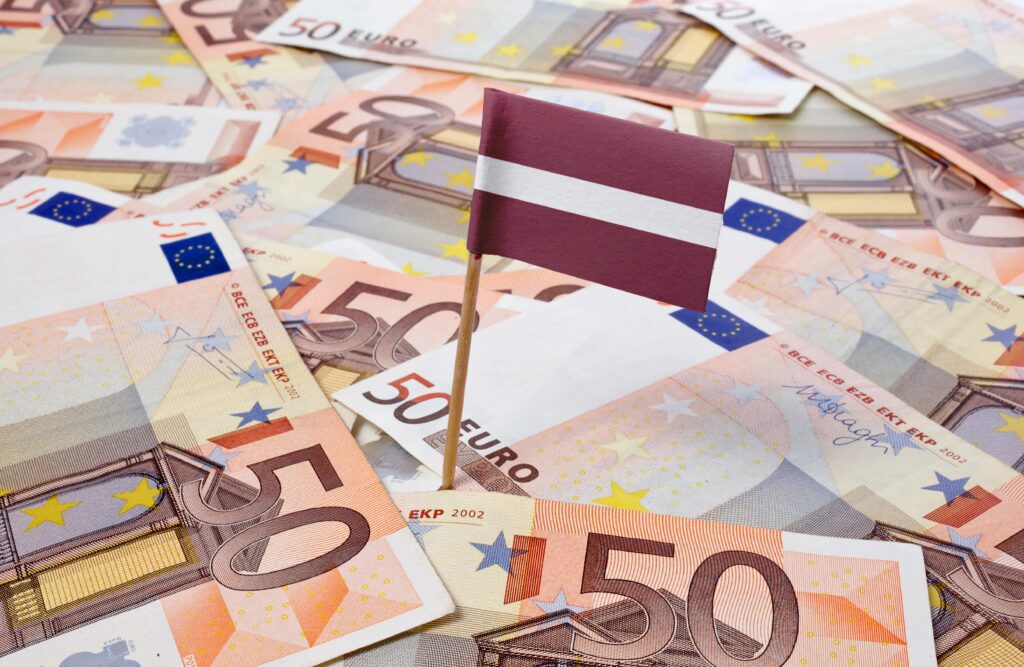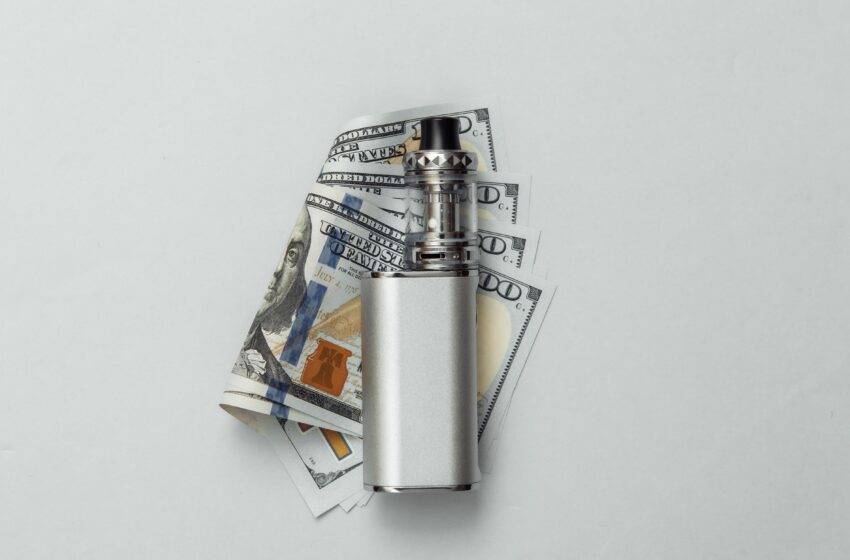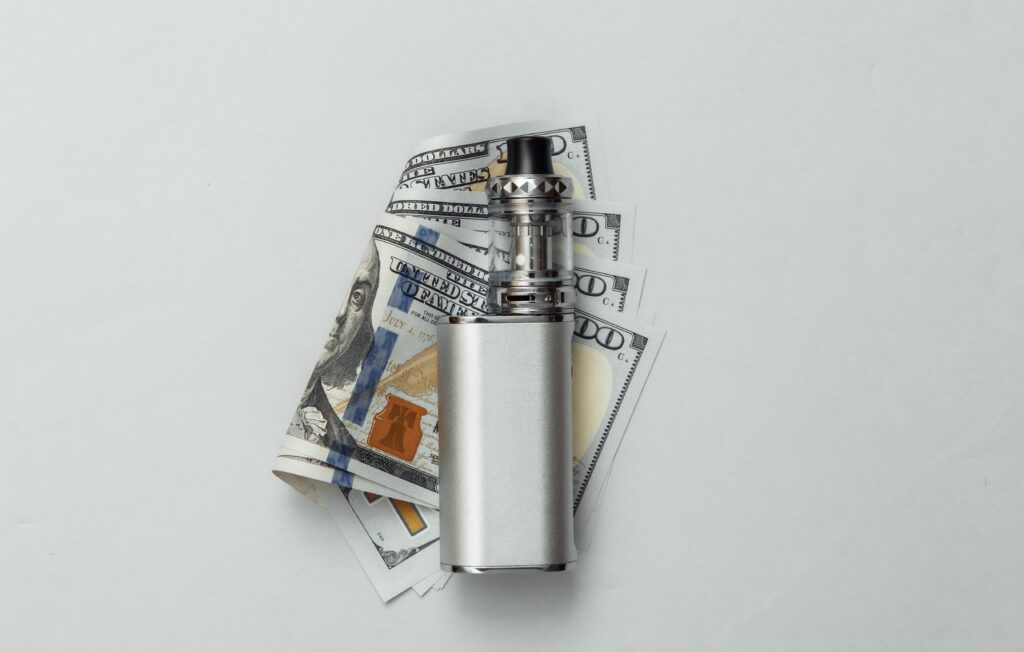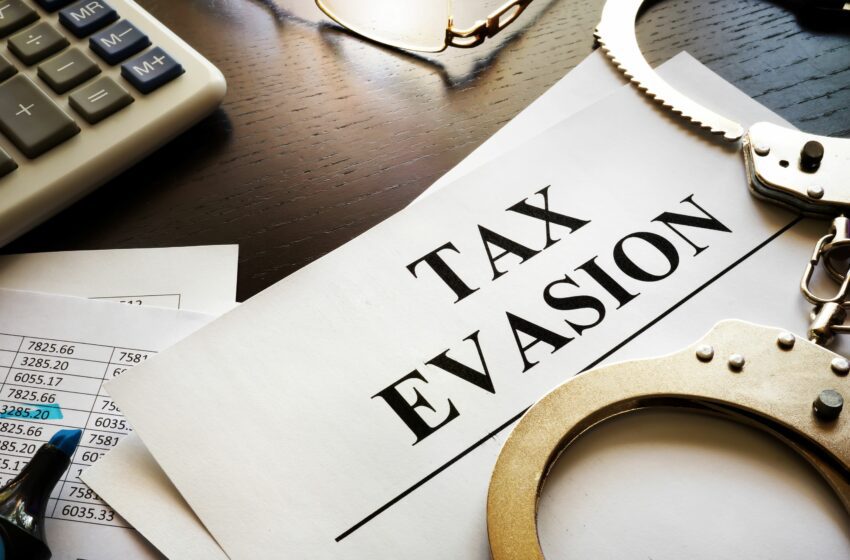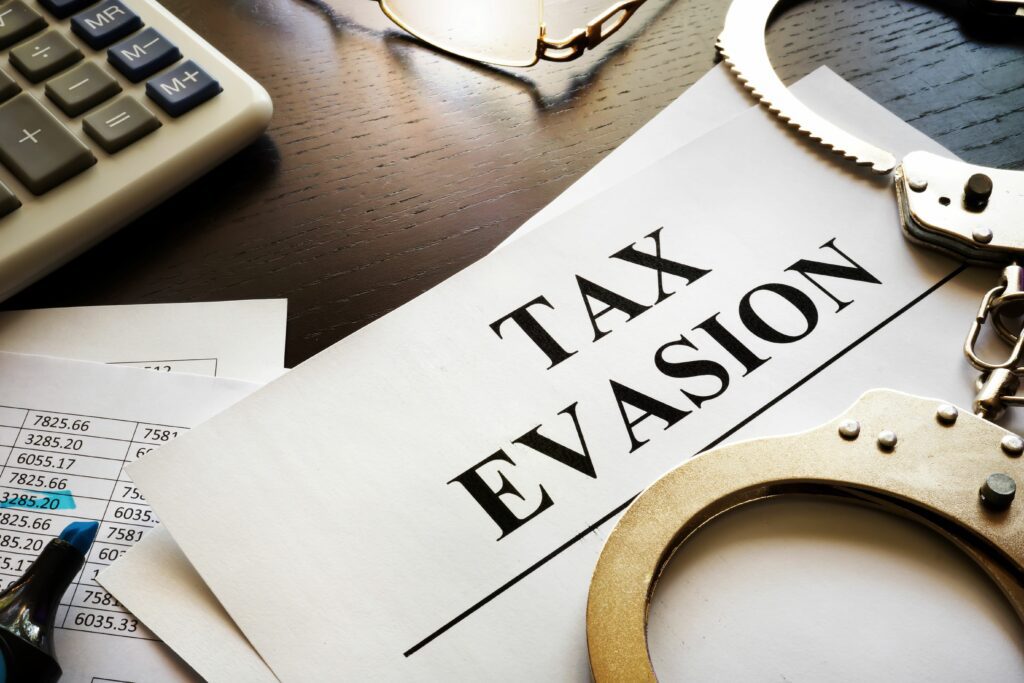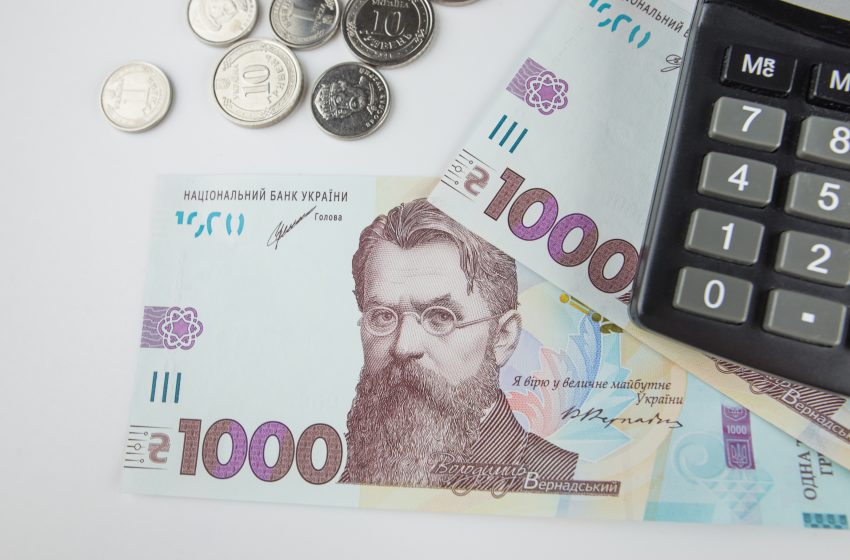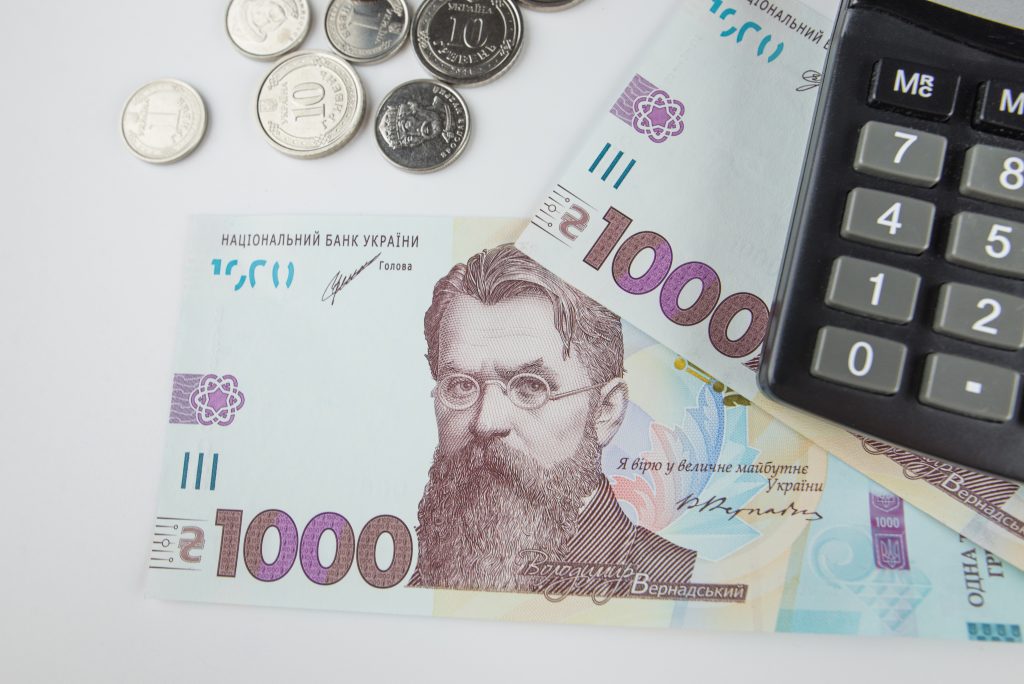
The Indonesian Consumers Foundation (YLKI) expressed support for a recently implemented tax on e-cigarettes, reports Tempo.
The new tax took effect Jan. 1 and aims, in part, to discourage e-cigarette use. Vaping prevalence in Indonesia increased from 0.3 percent in 2011 to 3 percent in 2021, according to the Global Adult Tobacco Survey. The prevalence of cigarette smoking among adolescents aged 13-15 years increased by 19.2 percent over the same period.
Previously, the Indonesian National Vape Association (Pavenas) asked the Finance Ministry to postpone the implementation of the tax on e-cigarettes. Secretary General of the Indonesian Personal Vaporizer Association (APVI), Garindra Kartasasmita, said that the combination of the tax and the excise tax hike would be a heavy blow to entrepreneurs, consumers and industry players.
“This needs to take into consideration that the e-cigarette industry is a relatively new industry, and most of the industry players are from communities and MSMEs [Micro, Small & Medium Enterprises],” Garindra said in a statement published ahead of the tax.
YLKI chairman Tulus Abadi rejected industry assertions that vaping can help smokers give up of conventional cigarettes. “On the contrary, people will get double health burden due to the use of electronic cigarettes,” he said.












